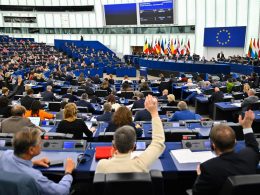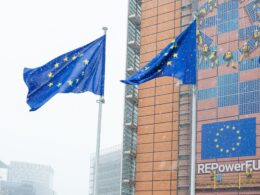The Environment Agency has confirmed that businesses reporting under the UK’s Energy Savings Opportunity Scheme (ESOS) will not be required to include net-zero considerations in their audits until 2027. The delay follows setbacks in the introduction of Phase 3 legislation and guidance during the pandemic, pushing net-zero requirements to Phase 5 of ESOS.
Under the revised timeline, Phase 5 will run from 2027 to 2031. Businesses covered by ESOS—typically large firms—are required to assess their total energy consumption, identify energy-intensive operations, and outline energy-saving opportunities. The addition of mandatory net-zero considerations was expected in Phase 4 but has now been deferred, meaning businesses will not have to align their long-term carbon reduction strategies with the UK’s legally binding climate targets until Phase 5.
Despite the postponement, the Environment Agency is encouraging firms to voluntarily integrate net-zero considerations into their Phase 4 reporting. To support this, the UK Government has collaborated with the British Standards Institution (BSI) to develop two Publicly Available Specifications (PAS) to guide businesses. The PAS 51215-1:2025 is a framework for conducting combined energy and decarbonisation assessments, leading to an implementation plan. PAS 51215-2:2025 is a standard defining the competencies required for lead assessors and assessment teams conducting energy and decarbonisation assessments.
These assessments will extend beyond energy-related emissions covered by ESOS to include governance and risk considerations. The compliance deadline for Phase 4 remains 5 December 2027.
Alongside the net-zero deferral, the Environment Agency has confirmed additional changes for Phase 4. Display Energy Certificates (DECs) and Green Deal Assessments (GDAs) will no longer be valid compliance routes. Businesses will also be required to document progress against their action plans and justify any unfulfilled commitments.
A proposal to align ESOS qualification thresholds with the Streamlined Energy and Carbon Reporting (SECR) requirements has been dropped, meaning existing qualification criteria will remain in place for Phase 4.
















